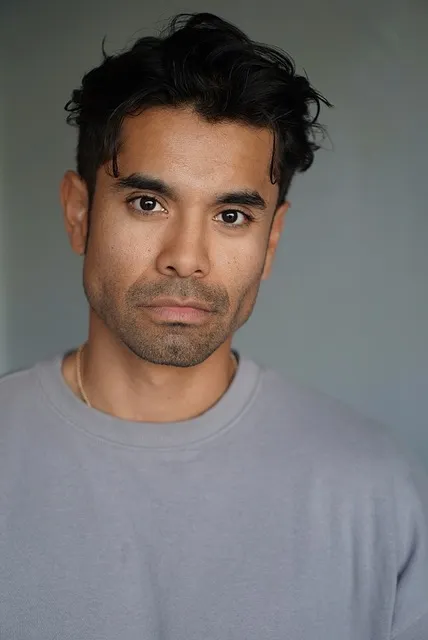Mark

Mark began his journalism career at 18, four years earlier than planned. Two weeks into his first semester, he realized that full-time school and a full-time job were more than he could manage. He withdrew from school with the intention of saving enough money to return the following year. Instead, he landed an entry-level position at the local flagship newspaper, and never looked back. “The ‘couple of semesters’ I took off have lasted about 40 years,” he says.
Embarrassment over his lack of a college degree has given way to gratitude. Mark says that although he didn’t realize it at the time, learning his trade from practitioners was a blessing. “Newspapers were very profitable in the 1980s and 1990s, with large staffs that passed institutional knowledge down from one generation of reporters and editors to the next,” he said. “All of my training was and continues to be on-the-job. My ‘professors’ were colleagues who mentored me, and bosses who challenged me.”
Mark’s career trajectory took him from newsroom clerk to TV columnist and eventually into management – as a features editor, managing editor, and after 32 years at the paper, its Editor-in-Chief and Vice President of Content, overseeing the paper’s transition to digital. After the sale of the paper, Mark transitioned to a journalism-adjacent position leading the communications team at the state department of economic development. He sees his new career as a natural – and necessary – extension of his prior one. “I’m responsible for telling the story of our state’s economic performance and potential to a variety of audiences – from CEOs and business relocation advisors to residents and elected officials,” he says. “The goal is the same as it was in the newsroom: to be accurate, engaging, timely and present wherever people seek information.”
Mark explains that the digital disruption of the local newspaper business requires new ways of communicating. He wants to build a new model for communications and marketing operations with integrated content, creative, digital and marketing teams. For this he wants highly collaborative workers who are natural internal and external relationship builders. He sees STARs as key to this strategy. “It’s impossible to be an effective communicator in the digital era without having exceptional soft skills – stuff you can’t learn from a textbook,” he says. “I’ll make sure the door stays open for STAR storytellers who, like me, chose self-education over college graduation.”
Read more STAR stories
Read about how Erin's STAR status landed her a position as an Internal Audit Manager... without a bachelor's degree.










































